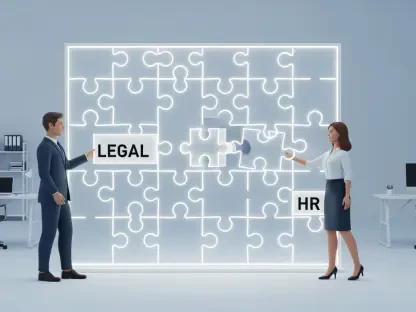In a significant legal challenge, asbestos claimants are contesting Bestwall’s Chapter 11 bankruptcy filing, a subsidiary of Georgia-Pacific. This case brings attention to the controversial corporate tactic known as the “Texas two-step,” wherein companies involved in litigation restructure to limit liabilities by separating solvent assets from them. The claimants argue that Bestwall does not fulfill the constitutional criteria under Article I’s Bankruptcy Clause, suggesting it is not a typical ‘bankrupt debtor’ since it can pay its debts without affecting its economic stability. They insist the bankruptcy should be dismissed, contending that the court lacks jurisdiction per traditional bankruptcy law standards. The litigation exemplifies ongoing tension between large corporations seeking to minimize substantial legal payouts and individuals seeking rightful compensation. Critics warn that the “Texas two-step” blurs the intent of bankruptcy laws, enabling companies to sidestep accountability for extensive tort claims, like asbestos exposure, thereby potentially undermining fair justice processes. This dispute reveals broader concerns about the boundaries of corporate restructuring in litigation contexts. It questions whether such strategies adhere to the intended constitutional principles while balancing corporate interests with individual rights. These unfolding legal arguments underscore the crucial need for the American judicial system to fairly interpret and scrutinize corporate maneuvers to uphold justice.









